Chapter 31
International Trade
By Boundless
Countries benefit when they specialize in producing goods for which they have a comparative advantage and engage in trade for other goods.
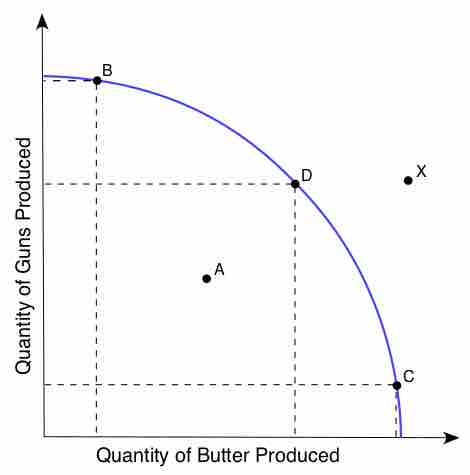
The production possibility frontier shows the combinations of output that could be produced using available inputs.

A country has an absolute advantage in the production of a good when it can produce it more efficiently than other countries.
A country has a comparative advantage over another when it can produce a good or service at a lower opportunity cost.
Absolute advantage refers to differences in productivity of nations, while comparative advantage refers to differences in opportunity costs.
Specialization leads to greater economic efficiency and consumer benefits.
Comparative advantage is the driving force of specialization and trade.
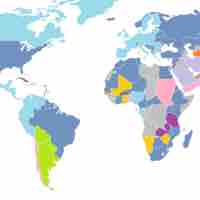
Exporting is a form of international trade which allows for specialization, but can be difficult depending on the transaction.
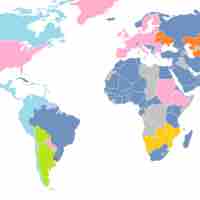
Imports are critical for many economies; they are the defining financial transactions of international trade and account for a large portion of the GDP.
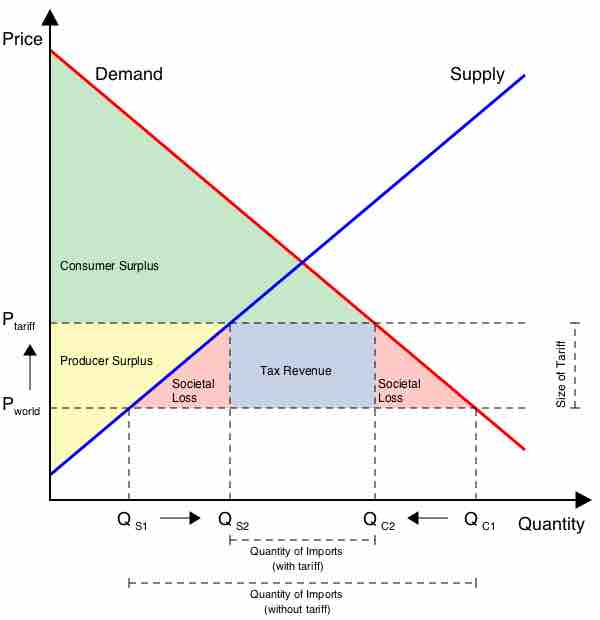
Free trade is a policy where governments do not discriminate against imports and exports; creates a large net gain for society.
Tariffs are taxes levied on goods entering or exiting a country, and have consequences for both domestic consumers and producers.
Quotas are limitations on imported goods, come in an absolute or tariff-rate varieties, and affect supply in the domestic economy.
Barriers to trade include specific limitations to trade, customs procedures, governmental participation, and technical barriers to trade.
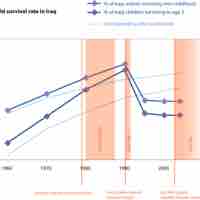
National security protectionist arguments pertain to the risk of dependency upon other nations for economic sustainability.
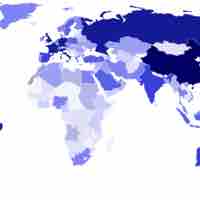
Economic markets are inherently competitive and newer economies are vulnerable to their more developed counterparts in other countries.
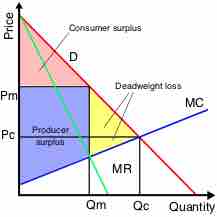
One of the strongest arguments for trade protectionism is unfair competition emerging due to differences in policy and enforcement ability.
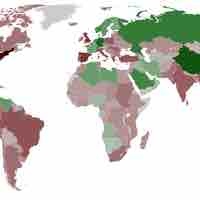
Many policy makers who are proponents of trade protectionism argue that limiting imports will create or save more jobs at home.
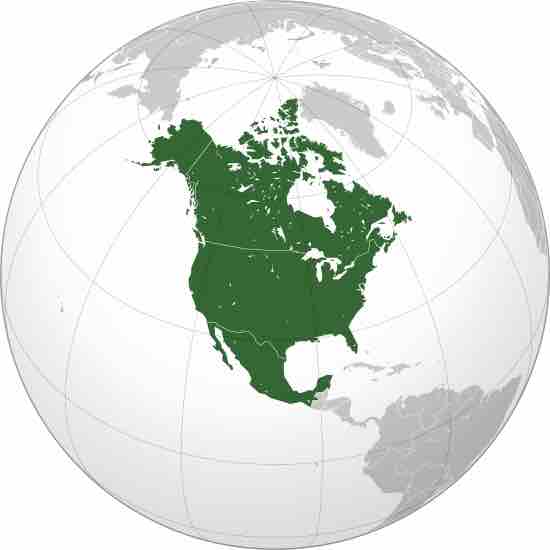
International trade agreements are agreements across national borders that reduce or eliminate trade barriers to promote economic exchange.
- Questions for Debate
